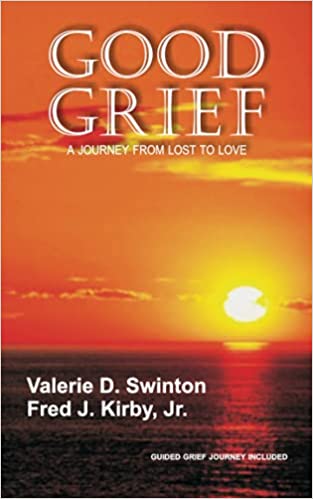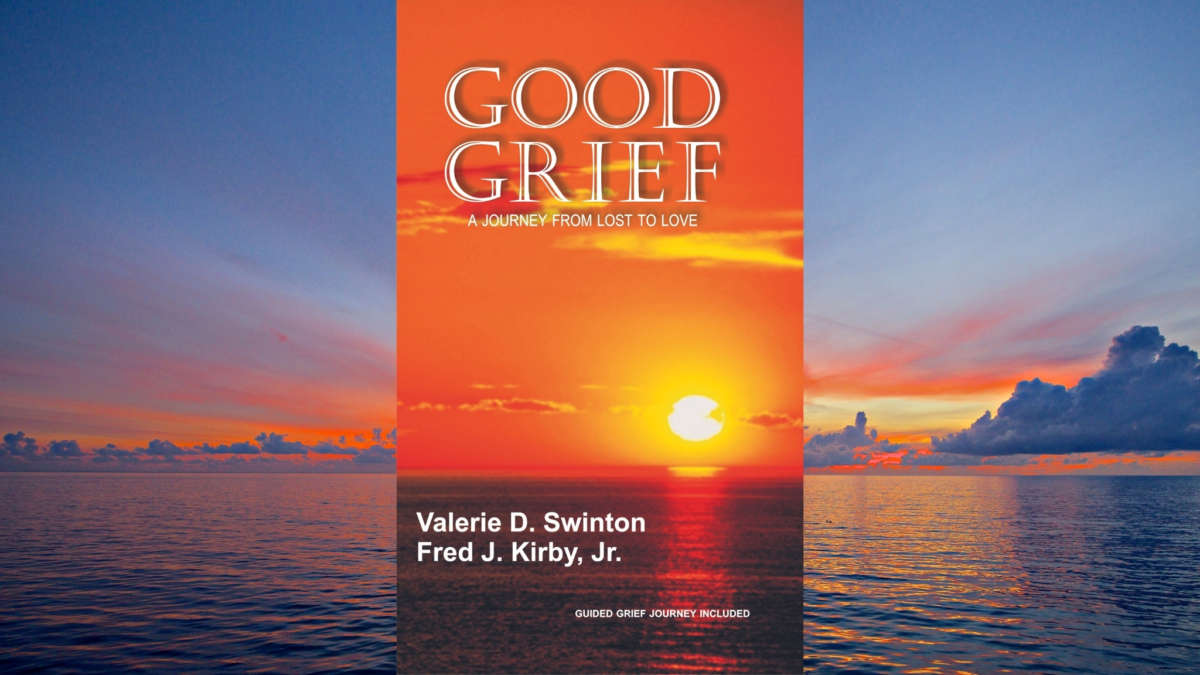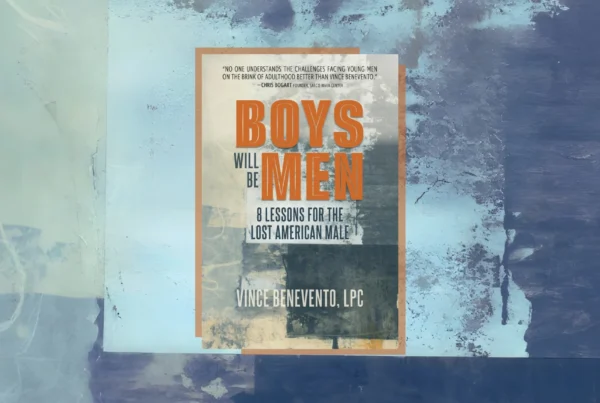Good Grief: A Journey From Lost to Love by Valerie D. Swinton, Fred J. Kirby, Jr
“If you love you will grieve, and that’s just a given,” wrote psychologist Kay Redfield Jamison, one of the several insightful quotes that pepper the gentle bereavement guidebook, Good Grief: A Journey From Lost to Love (Soft Touch Publishing) by Valerie D. Swinton and Fred J. Kirby Jr.
Grief may indeed be a fact of life, but it is also so very life-altering. Some losses take months to heal from, others take years, and still others we grieve for the rest of our lives. We may cycle endlessly through stages of grief, find our grief evolving and changing alongside our lives, or find ourselves suddenly triggered again after years of being okay. The message Swinton and Kirby are here to deliver is this: However you grieve, there is nothing wrong with your process. And don’t let society (or your family, or your friends) tell you otherwise.
Swinton and Kirby are both survivors of marriages that ended in “death do us part” — Swinton, when her husband John died of a massive heart attack after decades of struggling with chronic kidney disease (CKD); Kirby, when his wife Carolyn finally passed after a long, devastating progression of scleroderma and Raynaud’s Disease. Swinton and Kirby are both intimately familiar with the powerful, unexpected and confusing aspects of grief that nothing can fully prepare you for after the loss of a loved one.
STORIES OF GRIEF AND SOLACE
In the earlier parts of the book, Swinton and Kirby take turns telling their stories, letting us into their minds and hearts for an intimate look at their individual experiences. With the benefit of hindsight, both write with eloquence, soul-searching honesty and keen self-awareness. Their stories have parallels, both being lifelong caregivers to their spouses, but also points where they diverge. Kirby found that his grief had been spent during the long decline of his wife toward an inevitable end, while Swinton was taken by surprise despite understanding how likely it was that CKD would significantly shorten her time with John. They grieved differently, though both turned to their Christian faith for solace and guidance, and still do.
Swinton and Kirby don’t stop there. They then turn the floor over to other widows and widowers to talk about their own experiences, and each is unique. There are sudden losses and long-anticipated ones. Some have lost recently, others years ago. There is anger, numbness, guilt, withdrawal, despair. There are also breakthrough moments of gratitude and solace and grace. There are those who are eager to move forward and others who find themselves hopelessly mired. What is reassuring in all of these diverse stories is the fact that no matter the person, grief is a highly individual process with no right or wrong way to feel, think or act.
WORKING (AND REWORKING) THROUGH IT
All of this is valuable insight, but Good Grief contains more than other people’s stories. The second half of the book is dedicated to yours. Swinton and Kirby have created a series of journaling exercises that can be returned to time and again to check in with where you are in your bereavement. They take you through each of the stages of grief (denial, anger, depression, bargaining, acceptance, moving forward) with questions that will help you examine your feelings and experiences at this particular moment. Swinton and Kirby explain that the “stages” aren’t linear or necessarily discrete from each other. Refreshingly, they give you permission to color outside the lines of the academic model to explore your grief in all of its messy, painful, transcendent and evolving forms.
If you’ve been left reeling by the loss of a loved one, this is a most helpful guide. Good Grief not only offers you companionship on your bereavement journey; it gives you the tools to find your way. It also reassures you that there is hope for happiness again, that there is light just waiting to break through the edges of your darkest hours. Case in point? Both Swinton and Kirby have found love after loss.
Good Grief is available for purchase on Amazon. For more information, please visit Swinton and Kirby’s website.
Buy this Book!
Amazon




